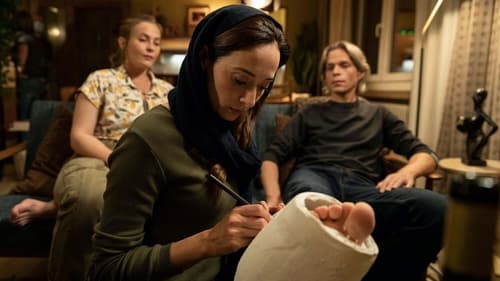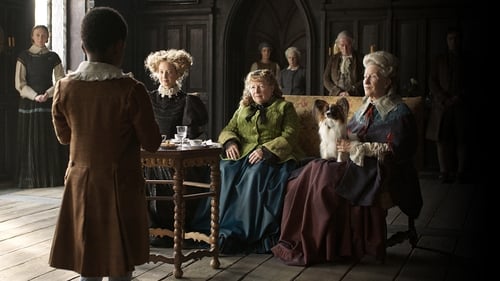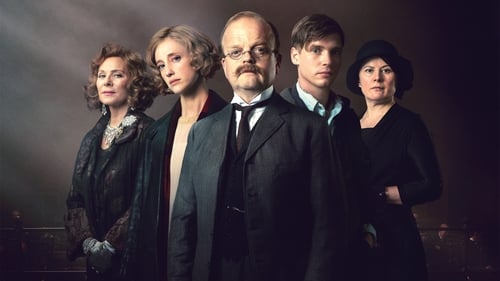
Editor
In the middle of a midlife crisis, Sacha leaves his girlfriend and moves into his grandparents' Airbnb. There he meets Marjan, a married Iranian woman. The involuntary encounter becomes a moment of new possibilities.

Sound Designer
18세기 초 아프리카의 노예 소년 안젤로는 오스트리아의 궁정에서 유럽인으로서의 교육을 받으며 성장한다. 성인이 되어 궁정의 꽃이 되지만, 백인 여성과 결혼하기로 마음먹으면서 그의 상황은 달라진다. 실화를 바탕으로, 유럽 식민주의의 민낯을 비추는 작품.

Editor
18세기 초 아프리카의 노예 소년 안젤로는 오스트리아의 궁정에서 유럽인으로서의 교육을 받으며 성장한다. 성인이 되어 궁정의 꽃이 되지만, 백인 여성과 결혼하기로 마음먹으면서 그의 상황은 달라진다. 실화를 바탕으로, 유럽 식민주의의 민낯을 비추는 작품.

Editor
The documentary tells the story of the emancipation of women and women's movements through personal fates of different generations of women of the 20th and 21st centuries . In very personal conversations five younger women and five elderly ladies from Luxembourg , Germany and France tell about their dreams and hopes , their private and public struggles , disappointments and achievements ...

Editor
When the ambitious Philip takes over the running of the family business from his father, he finds himself confronted by the mysterious reappearance of his dead ancestors. In the course of a long night, during which there is a murder, an illicit love affair and a game with false identities, Philip uncovers a closely guarded family secret.

Editor
Shup up in dead-end lives with dreams larger than life, two inseparable friends in their thirties decide to take their fates in hand. Nevertheless, a woman a « fatale » one, gets them away from their path. And the three of them – two others will quickly join them- find themselves involved in a strange case, that of a fake painting robbery. Who said crime is not worth?

Sound Editor
This film journeys deep into the heart of Austria’s favorite daily newspaper, the Kronen Zeitung, the most widely-read paper per capita in the world. The “Krone’s” 2.7 million readers represent 43% of the Austrian press market. A reflection of the Austrian soul, this newspaper serves as a prism through which we can understand the rise of the populist Right in this country and examine the dangerous flirtation between media and politics. Director and editor-in-chief Hans Dichand’s ingenious populist strategy allows him to reach the greatest number of readers: the paper’s style and content play on base human instincts such as the fear of the “other,” the opposition between “good” and “evil,” and the common man’s sense of powerlessness in the political arena. He then wields the might of this enormous audience to influence politicians and impose his nostalgic vision of a pure, prosperous, and peaceful world.

Editor
If the entire world population lived like the average citizen of Luxembourg, eight planets of earth would be needed to provide sufficient resources for everyone. Eng Äerd presents long-term initiatives of Luxembourg citizens fighting against the depletion of natural resources. Different initiatives already in existence are presented by those who drive and supervise them. The film wants to encourage viewers to change their thinking, both in their private lives and at the level of associations, as well as from an economic and political point of view. It explores the motivations of these Luxembourgish environmentalists and shows that everyone can contribute to building a new healthier and more solidary society in harmony with nature and for the good of all.







